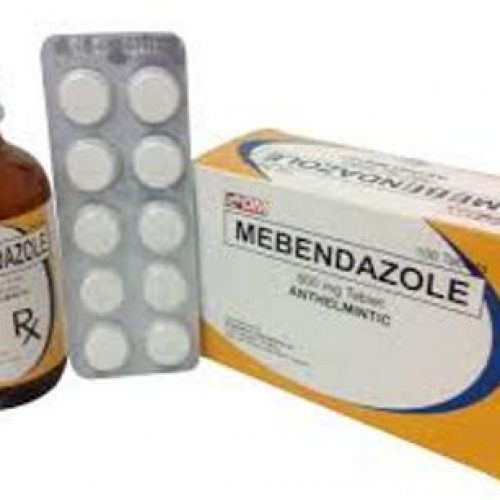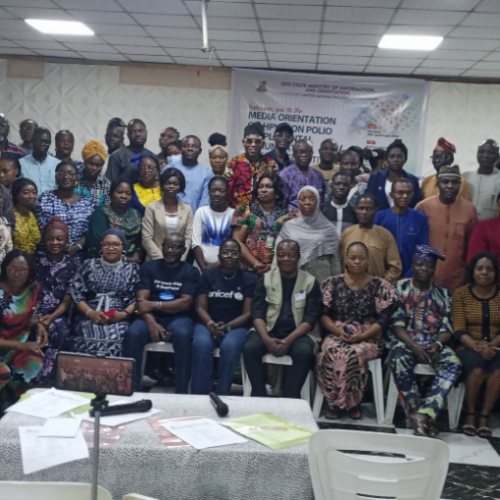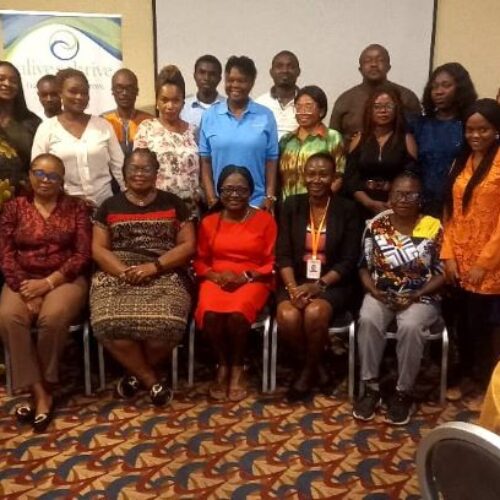Lagos moves to check food, water, beverage contamination in eateries, restaurants, hotels, others
- Sensitizes stakeholders on HACCP

L-R: Director Occupational Health and Staff Health Services, Lagos State Ministry of Health, Dr. Kubby Layeni-Adeyemo; Special Adviser to the Lagos State Governor on Primary Health Care, Dr. Olufemi Onanuga and the CEO James Marsh and Associates, Mr. James Marsh at the sensitization meeting.
The Lagos State Government has moved to check food and water contamination in eateries, restaurants and hotels across the state, charging stakeholders to embrace the Hazard Analysis Critical Control Point (HACCP) and certification.
HACCP is a management system that gives a systematic preventive approach to food safety, from biological, chemical, and physical hazards from raw material production, procurement and handling, to manufacturing, distribution and consumption of the finished product, through identifying where hazards may occur and design measures to reduce this risks to a safe level by putting in place stringent actions, strictly monitoring and controlling each process.
Speaking at a sensitization meeting for food, water, beverage handling establishments in Lagos recently, the Special Adviser to the Governor on Primary Healthcare, Dr. Olufemi Onanuga lamented that food safety had become a major concern to the food industry given that the consumption of contaminated food and water contribute to a myriad of health problems in the World.
“Food and water prepared, served at the restaurants, eateries, hotels and those processed in factories may look clean and taste delicious, but may have been contaminated by biological, chemical or physical hazards during the preparation procedures from the source through to service”, he said.
Onanuga noted that food hazards or contamination may also come from primary production like the farm, from improper handling or storage in the food industry, or from errors during preparation at home or in other places where the food is consumed.
The Special Adviser added that kitchens are also viewed as the major sources of contamination stressing that contamination from kitchen could be from poor sourcing and handling practices which include under-cooking, poor personal hygiene, use of unclean equipment, inappropriate storage and incorrect holding temperatures amongst others.
He noted that a tool that gives a holistic approach to food safety for consumption is Hazard Analysis Critical Control Point (HACCP) stressing that there was need for an effective HACCP system to be in place in every food, water, beverage organization that meet food safety requirement and protect the consumer from harm that could result from any form of hazards.
“The Ministry of Health adopted HACCP Initiative in the first quarter of 2017 and till date over 106 HACCP Plans have been submitted. The procedures span from submission of HACCP Plan, review of the document, auditing of the establishment to check compliance and issuance of certification. But this figure is rather low comparing to the number of regulated premises in the State”, Onanuga stated.
The Special Adviser opined that for a successful HACCP programme to be properly implemented, the management must be committed to a HACCP approach adding that the commitment by management will indicate an awareness of the benefits and costs of HACCP which include education and training of employees. He stressed that in addition to enhanced assurance of food safety are better use of resources and timely response to problems.
“The benefits of the HACCP Certification to food, water, beverage organizations are many and these include food safety assurance, increased patronage, maintained and improved market access, constant reinforcing of best practices by staff during food handling, prevent enforcement actions stemming from default, ensure continuous improvement and international recognition with trading interests”, he said.
Earlier, the Permanent Secretary, Ministry of Health, Dr. Modele Osunkiyesi said the essence of the meeting was to sensitize food, water and beverage-based establishment on the importance and having an understanding of the HACCP initiative as well as foster and promote the adoption of the HACCP system in their organizations.
She added that the meeting also aimed at emphasizing the relationship between good hygiene practices and the HACCP systems as well as gain management commitment to the promotion of food safety and hygiene.
About author
You might also like
WHO to distribute Paediatric chewable worm medicine to endemic countries
The World Health Organization (WHO) will begin distributing a paediatric (chewable) formulation of mebendazole to countries with a high prevalence of soil-transmitted helminthiases (intestinal worms). Mebendazole is one of the
Stakeholders seek media support towards successful polio campaign
As the Oyo State government steps up activities for its polio campaign, stakeholders have called on the media to lead the campaign to ensure the success of the programme. JATS
Champion maternal health through multiple micronutrient supplementation advocacy, FHI 360 urges media
In a move to improve pregnancy outcomes in Lagos State, a non-governmental organisation, FHI 360 Alive&Thrive in collaboration with the Lagos State Ministry of Health has sensitised the state’s media







0 Comments
No Comments Yet!
You can be first to comment this post!